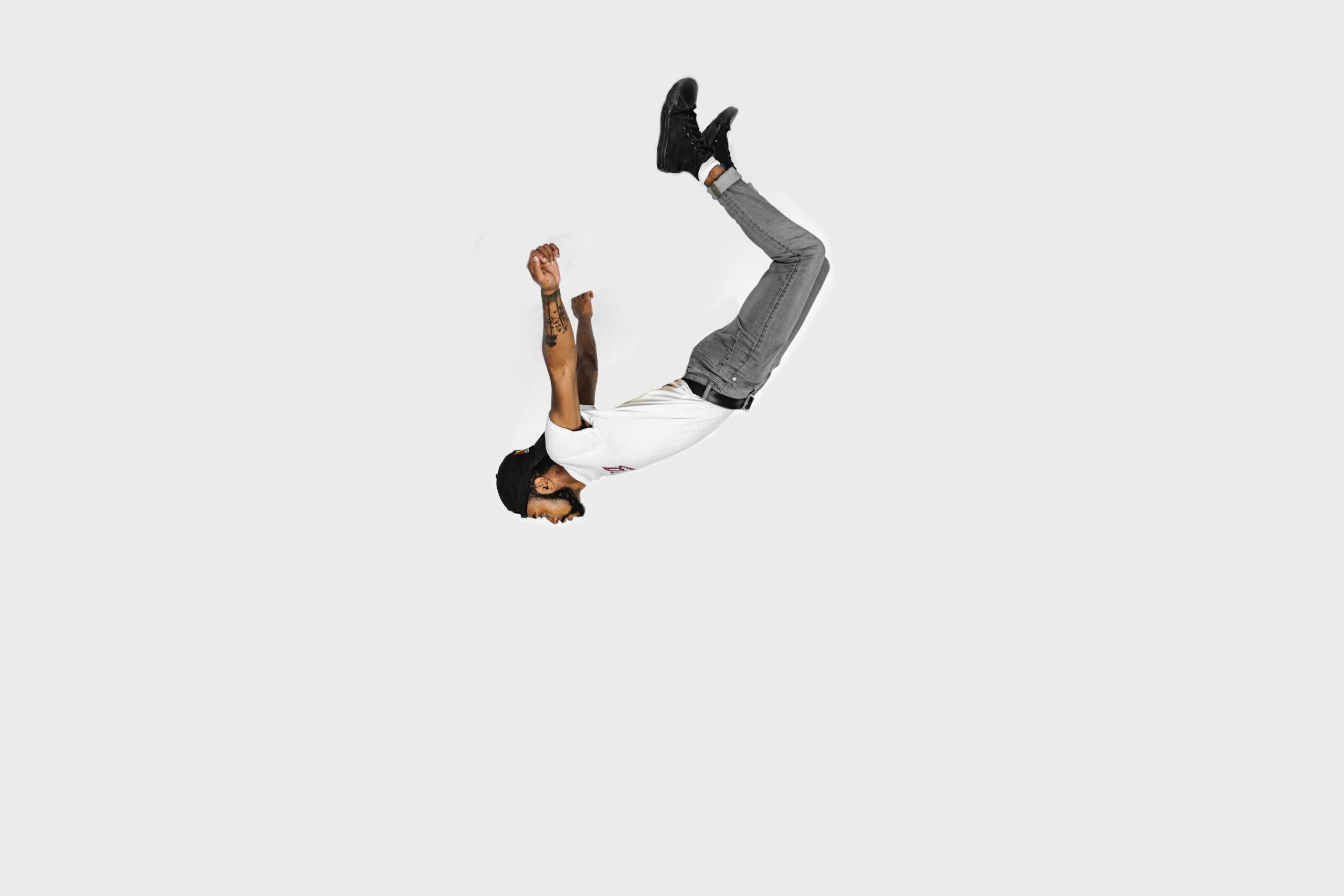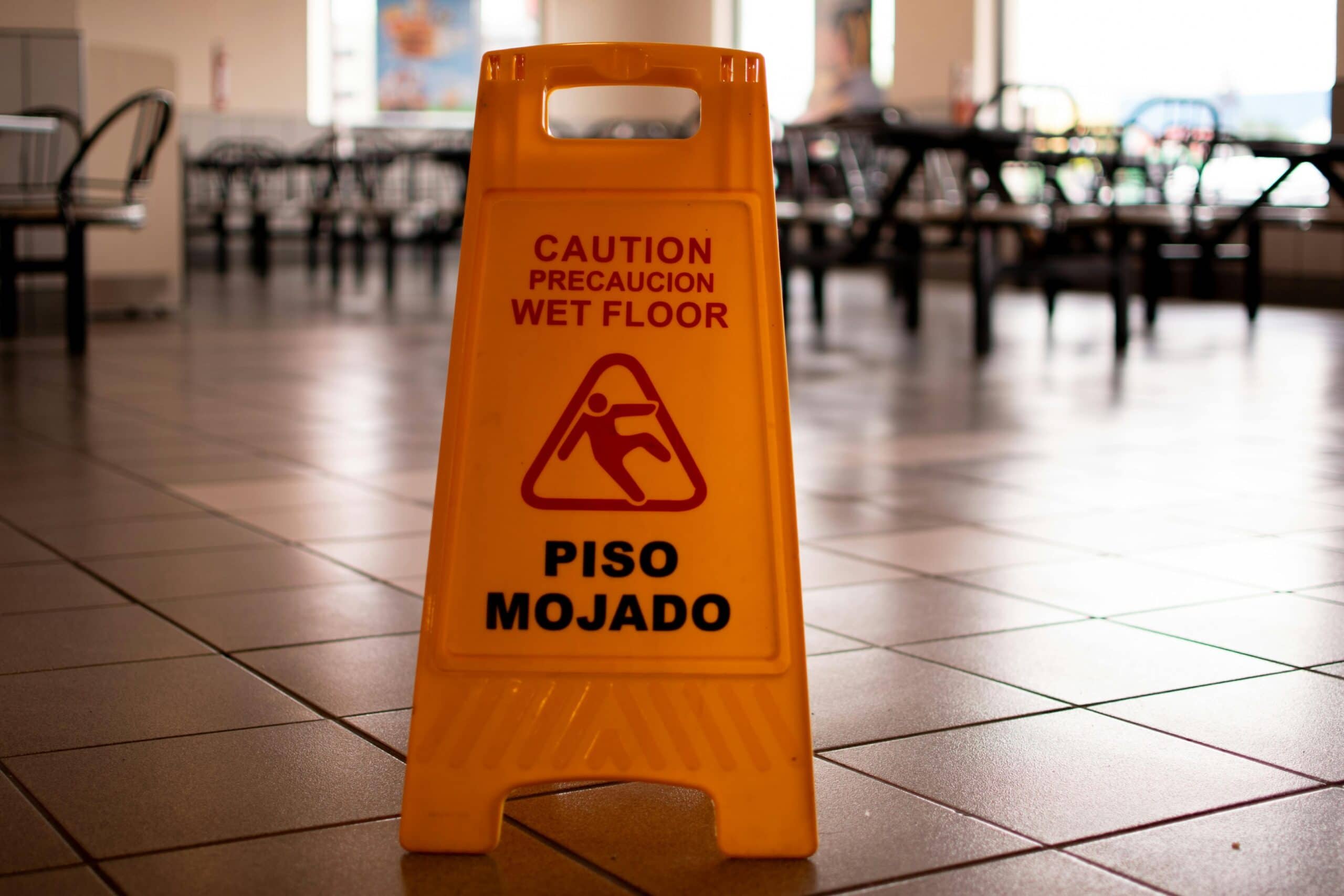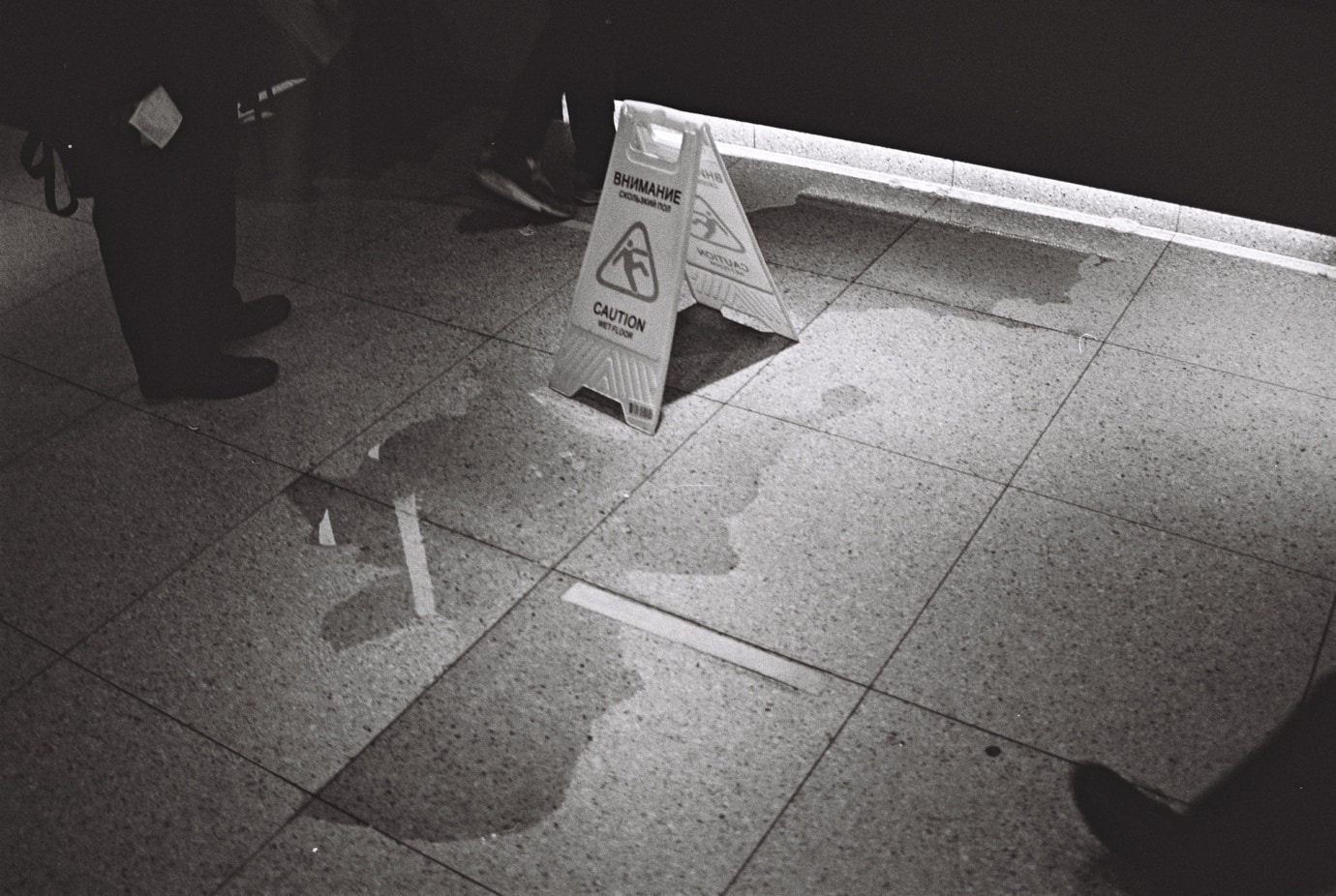
Slip and fall accidents can disrupt lives in an instant, leaving victims grappling with injuries, medical bills, and uncertainty about their future. In the aftermath, many individuals find themselves facing a crucial decision: should they accept the first compensation offer from an insurance company or pursue further action? In this article, we delve into this dilemma, exploring the reasons why accepting the initial offer may not always be in your best interest and providing insights into navigating the complex terrain of personal injury claims.
Understanding the Initial Offer
When you suffer injuries in a slip and fall accident, the insurance company of the responsible party may approach you with a compensation offer. This initial offer is often made quickly, sometimes before the full extent of your injuries is known. While it may seem tempting to accept for immediate relief, it’s crucial to understand that this offer is typically the lowest amount the insurance company believes it can settle the claim for.
Why You Shouldn’t Accept the First Offer
The first offer presented to you by the insurance company or the liable party may seem tempting, especially when you’re facing mounting medical bills and financial strain. However, accepting the initial offer without careful consideration can be a mistake. Here’s why:
Undervaluation: Insurance companies often aim to settle claims quickly and for as little money as possible. The first offer they present may not adequately cover the full extent of your damages, including medical expenses, lost income, pain and suffering, and future medical needs.
Incomplete Assessment: In the immediate aftermath of a slip and fall accident, it’s challenging to assess the full extent of your injuries and related expenses. Accepting the insurance company’s first offer may prevent you from accounting for ongoing medical treatment, rehabilitation costs, or long-term disabilities that may arise.
Pressure Tactics: Insurance companies may use tactics to pressure you into accepting a quick settlement, aiming to minimize their payout.
Waiver of Rights: Accepting an insurance company’s settlement offer typically requires signing a release of liability, which could prevent you from pursuing further legal action or seeking additional compensation if your injuries worsen or new complications arise.
Can an Insurance Company Revoke an Offer?
It’s important to note that insurance companies can revoke settlement offers under certain circumstances. For example, if new evidence emerges that contradicts the initial assessment of liability or if the insurer discovers previously undisclosed information that affects the claim’s validity, they may withdraw their offer. This underscores the importance of carefully evaluating your options before accepting any settlement.
When to Accept an Insurance Settlement Offer
While accepting the first offer is generally ill-advised, there are instances where it may be appropriate to consider settlement:
Clear Liability: If liability is indisputable, and the offered amount adequately compensates you for your injuries and damages, accepting the settlement may expedite the resolution process and provide timely relief.
Urgent Financial Needs: If you’re facing immediate financial hardship due to medical bills or lost income, negotiating a swift settlement may be necessary to meet urgent expenses.
Certainty and Closure: Some individuals may prioritize closure and certainty over the potential for greater compensation. If you’re comfortable with the offered amount and wish to avoid prolonged litigation, accepting the settlement may offer peace of mind.
Reasons to Consider Rejecting the First Offer
There are several reasons why rejecting the first offer may be the right decision:
Inadequate Compensation: The first offer may not fully cover your medical bills, lost wages, and other expenses resulting from the accident.
Uncertain Future Costs: If you have ongoing medical treatment or anticipate future expenses related to your injury, the insurance company’s initial offer may not account for these costs.
Complex Injuries: If you’ve suffered serious injuries such as traumatic brain injuries or broken bones, the initial offer may not adequately compensate you for the long-term effects of your injury.
Negligence of the Other Party: If the slip and fall accident was caused by the negligence of the property owner or another party, you may be entitled to greater compensation than what is initially offered.
Legal Counsel: Consulting with a personal injury lawyer can provide valuable insights into the strength of your personal injury claim and the potential value of your case. An experienced attorney can advise you on whether the initial offer is fair or if further negotiation or litigation is warranted.
Factors to Consider Regarding Your First Offer
Before making a decision regarding the first compensation offer, consider the following factors:
Medical Expenses: Calculate your current and anticipated medical expenses, including hospital bills, doctor’s visits, medication, rehabilitation, and therapy. Ensure that the offered amount adequately covers these costs.
Lost Income: Assess the impact of your injuries on your ability to work and earn income. Include lost wages, reduced earning capacity, and potential future losses due to disability or impairment.
Pain and Suffering: Factor in the physical and emotional pain caused by the accident, as well as any long-term effects on your quality of life. While subjective, pain and suffering damages are a crucial component of personal injury claims.
Future Needs: Consider any ongoing medical treatment, therapy, or assistive devices you may require in the future. Ensure that the settlement provides for these needs to avoid financial hardship down the line.
What Are My Options if I Don’t Accept the First Offer?
If you decide to reject the first compensation offer, you have several options available:
Negotiation: Engage in negotiations with the insurance company or liable party to seek a higher settlement amount. Your attorney can handle communication and advocate on your behalf to achieve a favorable outcome.
Mediation: Consider mediation as an alternative dispute resolution method where a neutral third party facilitates negotiations between you and the opposing party. Mediation can often lead to a mutually acceptable settlement without the need for litigation.
Litigation: If settlement negotiations prove unsuccessful, you may choose to file a personal injury lawsuit and pursue your claim through the court system. Litigation allows for a thorough examination of the evidence and legal arguments before a judge or jury.
Pros and Cons of Rejecting the First Compensation Offer
Rejecting the first compensation offer after a slip and fall accident is a significant decision that requires careful consideration of the potential pros and cons. While rejecting the initial offer may lead to a more favorable outcome in some personal injury cases, it also carries risks and challenges. Let’s explore the pros and cons of rejecting the first compensation offer:
Pros:
Maximizing Compensation: Rejecting the initial offer provides the opportunity to negotiate for a higher settlement amount that accurately reflects the full extent of your damages.
Fair Assessment: Allows for a thorough assessment of injuries and associated costs, including gathering additional evidence and consulting medical experts.
Preserving Legal Rights: Retains the option to pursue further legal action or seek additional compensation if injuries worsen or new complications arise.
Sending a Message: Demonstrates a commitment to obtaining fair compensation and signals to the opposing party that you’re serious about your claim.
Access to Legal Representation: May prompt involvement of a personal injury attorney who can provide valuable guidance and advocacy throughout the process.
Cons:
Prolonged Process: Rejecting the offer can extend the duration of the case, leading to delays in receiving compensation.
Uncertain Outcome: There’s no guarantee of a higher settlement amount or a favorable outcome, and negotiations or litigation can be unpredictable.
Legal Costs: Engaging in negotiations or litigation can incur additional expenses, including attorney’s fees and court costs.
Emotional Toll: Dealing with insurance companies, legal proceedings, and the aftermath of the accident can be emotionally draining.
Risk of Adverse Outcome: There’s a possibility of receiving a lower settlement amount or no settlement at all, and litigation carries the risk of an unfavorable ruling.
How an Attorney Can Help You After a Slip and Fall Accident
An attorney can be instrumental in helping you handle the complexities of a slip and fall accident case and securing fair compensation for your injuries and losses. Here’s how an attorney can assist you in this situation:
Legal Expertise: Attorneys understand the laws and legal complexities surrounding slip and fall cases, providing tailored legal guidance.
Case Evaluation: They assess the strength of your personal injury case, estimate damages, and determine liability through thorough evaluation.
Investigation: Attorneys conduct investigations, gathering evidence, obtaining witness statements, and consulting experts to build a strong case.
Negotiation: They negotiate with other driver’s insurance company to secure fair compensation, leveraging their skills and knowledge.
Documentation and Representation: Attorneys handle paperwork, communication, and represent your interests throughout the process.
Litigation: If negotiations fail, they can file a lawsuit, prepare your case for trial, and advocate on your behalf in court.
Maximizing Compensation: Attorneys aim to maximize compensation by assessing all damages and seeking appropriate reimbursement.

Pursue Fair Compensation with BLG
In summary, accepting the first compensation offer after a slip and fall accident is rarely advisable. Insurance companies often aim to settle claims quickly and for minimal amounts, which may not fully account for your damages and long-term needs. Instead, take the time to assess the full extent of your injuries, consult with legal experts, and explore your options for fair compensation. By making informed decisions and seeking professional guidance, you can ensure that your rights are protected and that you receive the compensation you deserve for your injuries and losses.
If you’ve been injured in a slip and fall accident and are unsure about accepting the first compensation offer, don’t navigate this complex process alone. The experienced attorneys at BLG are here to help you understand your rights, negotiate with insurance companies, and pursue the compensation you deserve.
Contact us today for a free consultation.





